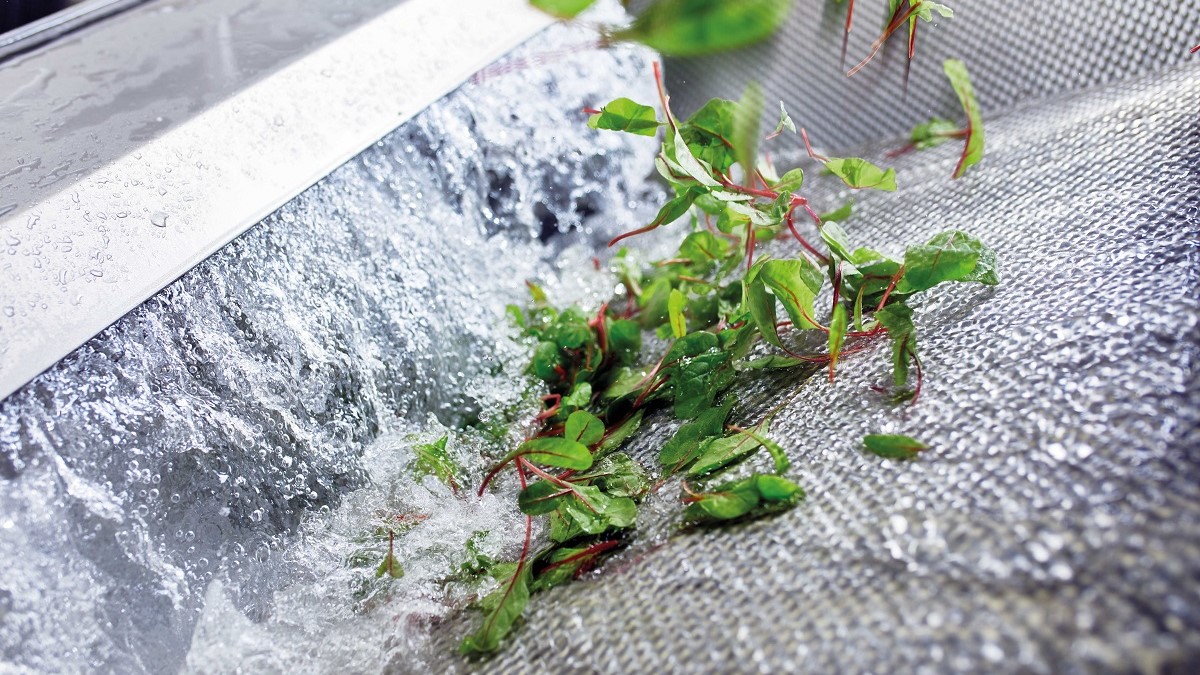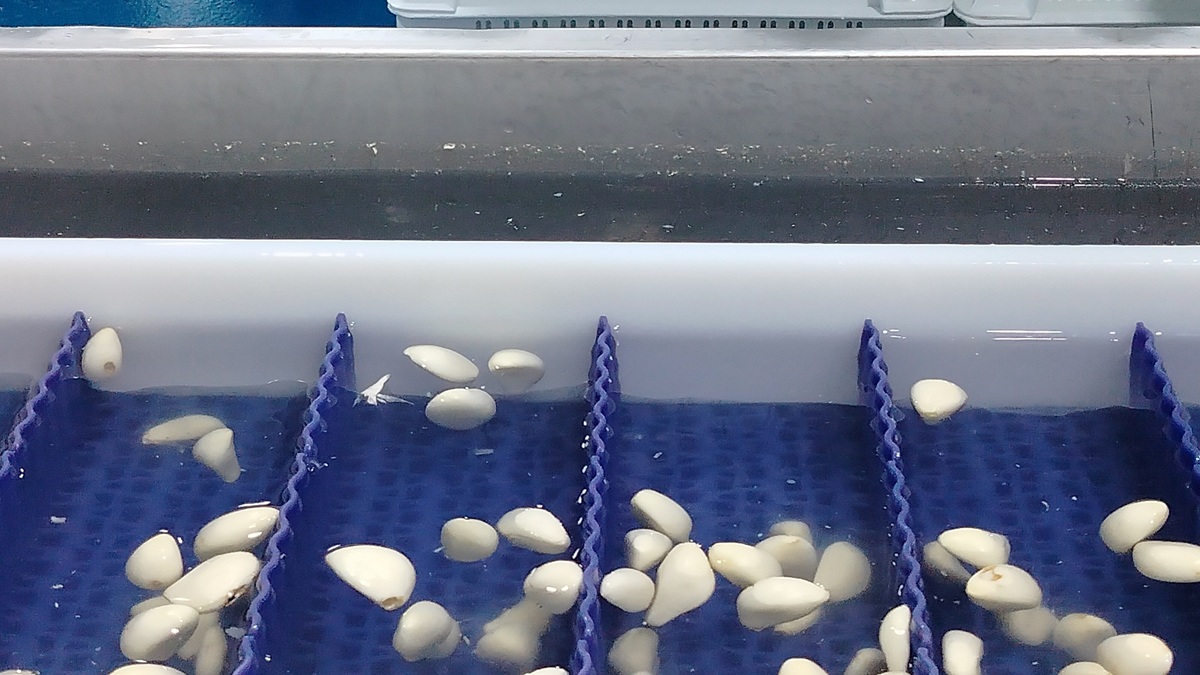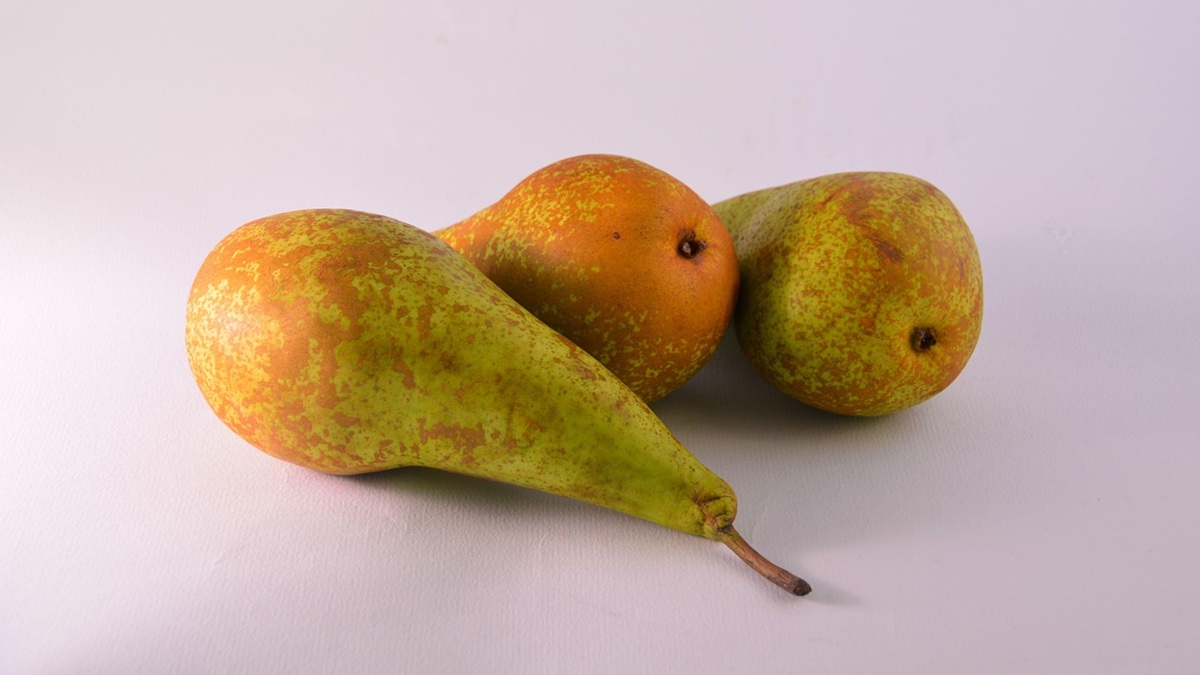Phytosanitaries
Citrosol's organic coatings also get the vegan seal of approval
CITROSOL continues with its knowledge transfer through webinars or Internet seminars. Just a few days ago, it brought together almost 300 professionals from the sector, including customers, technicians and distributors from different countries around the world, under the heading 'Relevance of chilling spots in citrus fruit shipments and cold storage. Advances in their control'. During the seminar, Citrosol's CEO presented the company's strategy through the CI-CONTROL line of coatings, where the Plantseal ® and Plantseal ® Shine-free formulations stand out, and also made an important announcement. "We have just received the vegan seal, coatings suitable for this type of consumer, which is in addition to the ecological certification we already had for our PLANTSEALs", emphasised Jorge Bretó.
10 June, 2021
CITROSOL continues with its knowledge transfer through webinars or Internet seminars. Just a few days ago, it brought together almost 300 professionals from the sector, including customers, technicians and distributors from different countries around the world, under the heading 'Relevance of chilling spots in citrus fruit shipments and cold storage. Advances in their control'. During the seminar, Citrosol's CEO presented the company's strategy through the CI-CONTROL line of coatings, where the Plantseal ® and Plantseal ® Shine-free formulations stand out, and also made an important announcement. "We have just received the vegan seal, coatings suitable for this type of consumer, which is in addition to the ecological certification we already had for our PLANTSEALs", emphasised Jorge Bretó. During his presentation, the head of the Valencian company specialising in postharvest solutions showed different tests that guarantee the efficacy of the different coatings that make up the CI-CONTROL line in controlling "cold damage" with very high percentages of effectiveness. Bretó pointed out that "it is possible to eliminate thiabendazole from the wax and achieve very good results in the control of cold damage with our formulations. This is an important competitive advantage in those markets that demand a reduction in the use of active ingredients". The CI-CONTROL range consists of different coatings Citrosol Sunseal ® UE and Sunseal ® Extra UE, Plantseal ® and Plantseal ® Shine-free, Citrosol A and AK Camara UE or Citrosol AK UE and AK UE extra. During the seminar Jorgé Bretó focused on the advantages of Plantseal ® and Plantseal ® Shine-free, the latter being recognised only a few days ago with the Vegan label of the European Vegetarian Union, V-Label. EU. Jorgé Bretó then gave a didactic explanation of the importance of using these coatings, as they reduce fruit ageing and improve both weight loss control and control of cold damage. Consequently, they reduce losses and wastage and significantly increase the shelf life of the citrus fruit. Plantseal ® and Plantseal ® Shine-free give a natural shine and in the second case the presence of the coating is almost imperceptible, very similar to an unwaxed fruit. Both formulated from vegetable waxes, they achieve a much higher weight loss control than other coatings. They do not cause bad taste, unlike those that are too impermeable to oxygen, causing off-flavours or blackening of the flesh, as for example happens in avocados with other coatings. Genetic, but also environmental conditionsJorge Bretó's talk was preceded by that of Lorenzo Zacarías, a researcher at the Institute of Agrochemistry and Food Technology (IATA) and an expert in skin alterations and cold stains, among other interesting topics, who described a wide range of cases in the origin of physiological alterations during the postharvest of citrus fruits. "The same genotype behaves differently under different climatic conditions", said the researcher. To explain the genetic factor, Lorenzo Zacarías showed tests of different mandarin varieties and their different levels of sensitivity to cold damage. He completed the analysis with environmental elements, such as exposure to the sun, wind or temperature fluctuations, adding cultural and agronomic management issues, such as tree pruning. "For example, covering the fruit in the field increases tolerance to cold damage," Zacarias described. To avoid spotting related to water stress, which is sometimes mistaken for symptoms of cold damage, the IATA speaker recommended avoiding harvesting susceptible varieties after dry or windy days when fruit dehydration has occurred. He also recommended avoiding postharvest conditions that favour dehydration, as well as sudden changes in environmental relative humidity (from low to high) and maintaining the hydric state of the fruit after harvesting. Finally, Lorenzo Zacarías emphasised careful postharvest handling, trying to progressively condition the fruit to avoid or minimise changes in the hydric state, at least in the consignments that are suspected to be more susceptible to this type of staining.











